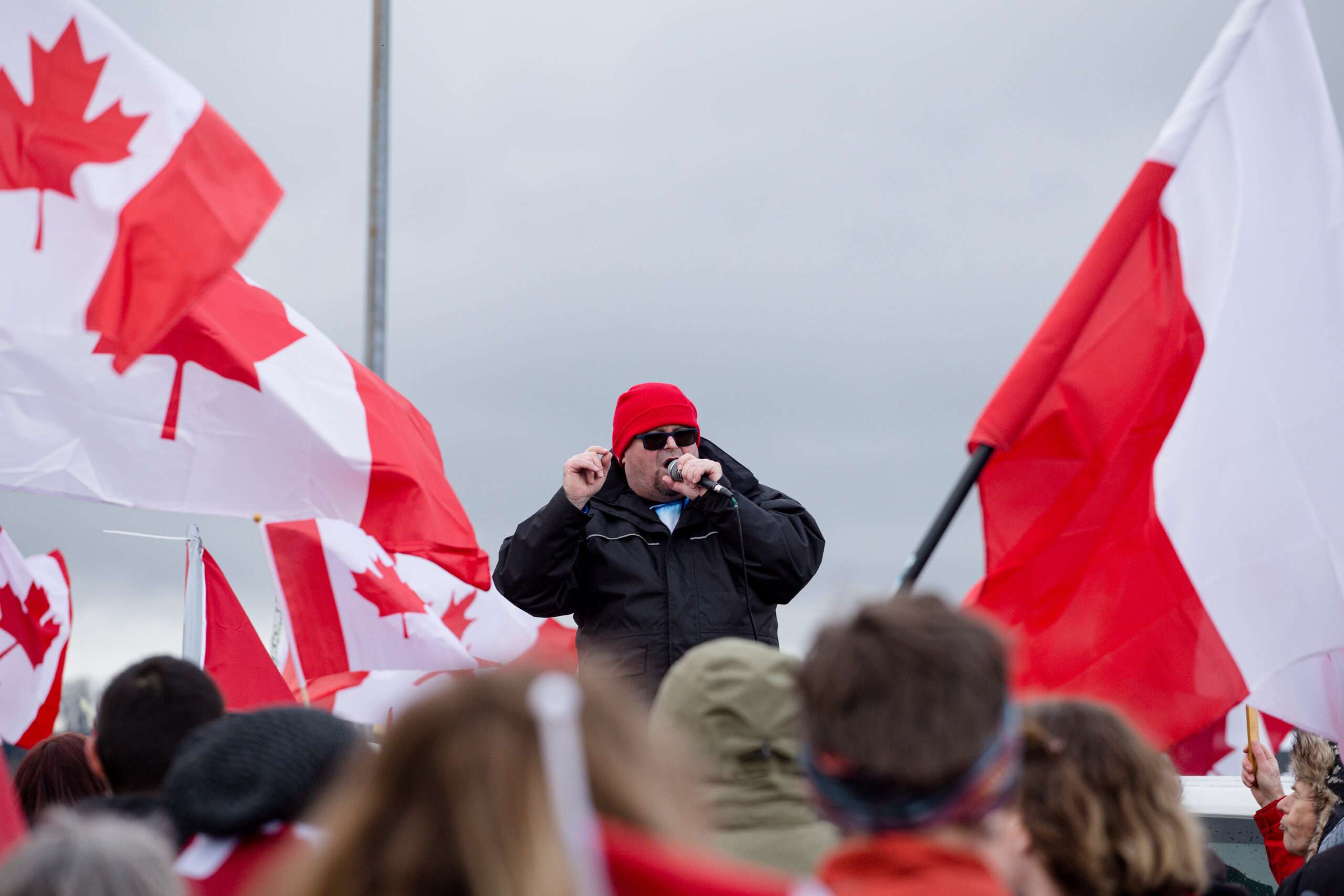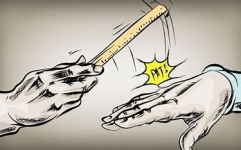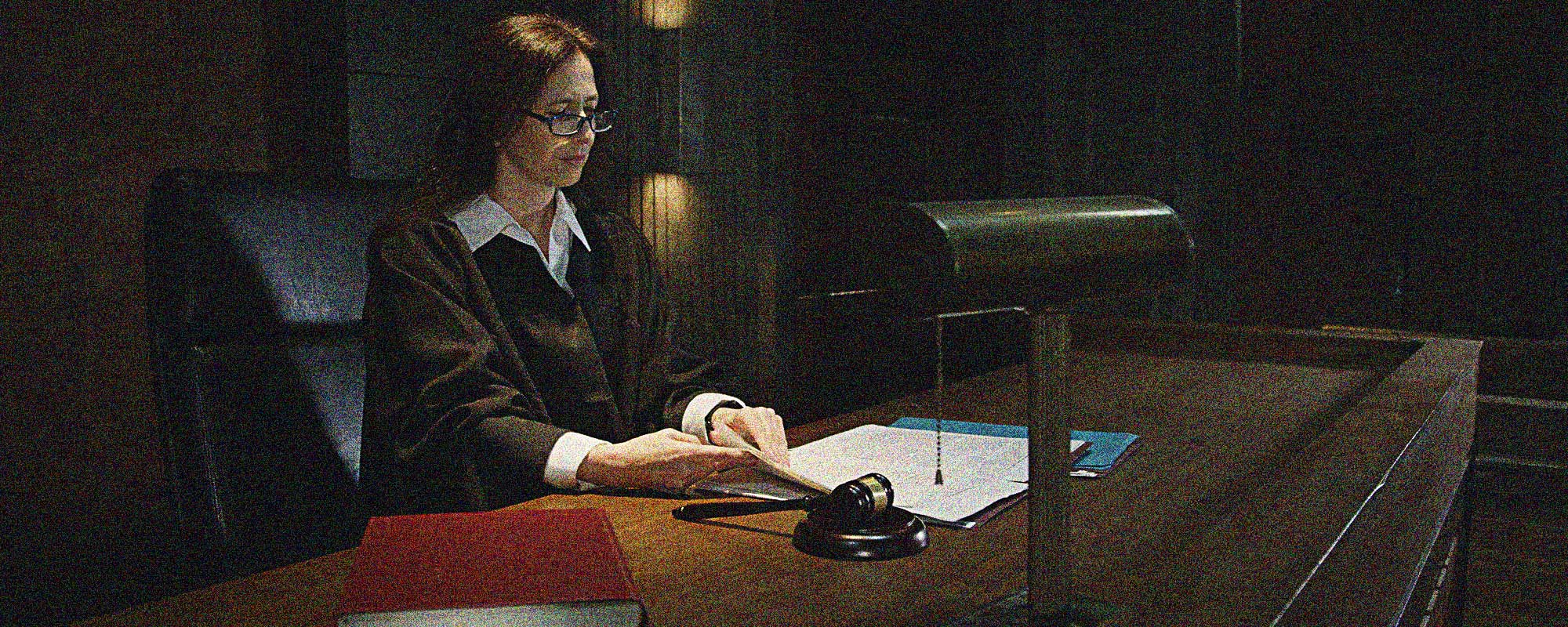The Canadian government's use of emergency powers against the Freedom Convoy protest of restrictive COVID-19 policies was unreasonable and led to the infringement of individual rights, a federal judge ruled this week. The case was brought by two protesters whose bank accounts were frozen, with support from civil liberties groups. While the plaintiffs will receive some compensation for legal costs, the main result of the decision, which the government plans to appeal, is to limit the power of the state to treat political opposition as an "emergency." It also further hobbles the prospects of Prime Minister Justin Trudeau, who is wildly unpopular among Canadians.
...
"I have concluded that the decision to issue the Proclamation does not bear the hallmarks of reasonableness – justification, transparency and intelligibility – and was not justified in relation to the relevant factual and legal constraints that were required to be taken into consideration," wrote Justice Richard Mosley.
Mosley found that, while the protest "reflected an unacceptable breakdown of public order," it didn't satisfy legal requirements for declaring a national emergency in terms of dangers to national security and threats of violence.
"Parliament's intent in enacting the legislation was to ensure the Act would be a measure of last resort and, in particular, only where the provisions of existing Federal law could not handle the situation," Mosley observed. "I conclude that there was no national emergency justifying the invocation of the Emergencies Act and the decision to do so was therefore unreasonable and ultra vires," a Latin phrase meaning "outside the law."
As a result, he added, "the decision to issue the Proclamation was unreasonable and led to infringement of Charter rights."
...
More:

Crackdown on freedom convoy violated Canadians’ rights, says court
Opponents of pandemic restrictions had their day in court and won a victory for open dissent.
Will anyone be held accountable though?


